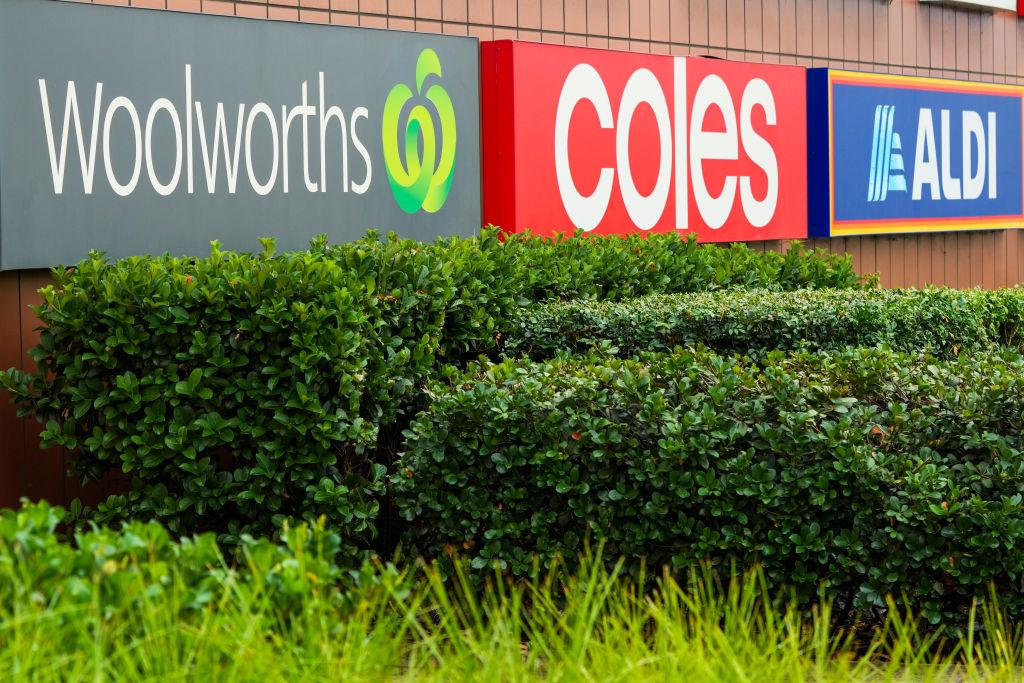Large Australian supermarkets could face fines of up to $10 million (US$6.57 million) for misconduct under a proposal to impose a mandatory code of conduct on the sector.
It comes as supermarkets bear the brunt of criticism for alleged price gouging amid the country’s cost of living crisis.





